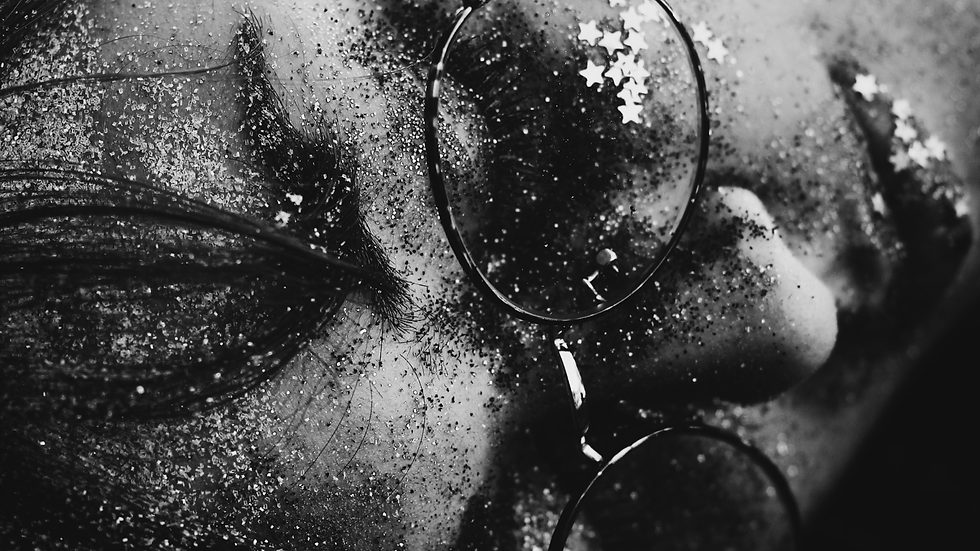- Psicotepec

- Dec 3, 2025
- 1 min read
You crossed oceans to escape yourself. The conflict traveled in your carry-on luggage. What were you fleeing that caught up with you?

The forbidden question.
There is an interrogation the migrant avoids: why did I really leave? The official answer—opportunity, adventure, love—conceals less presentable motivations. I fled from a suffocating mother, from professional failure, from a version of myself I could not bear. The new country promised reinvention without confrontation. Changing the scenery to avoid changing the script.
Gogolin identifies patients who migrated to escape internal conflicts by disguising them as external pursuits. Geographic movement postpones psychic movement. But the avoided conflict reappears with a local accent: the same dynamics, the same impasses, the same dead ends. The subject who fled suffocating relationships finds suffocating relationships on the new continent. They traveled thousands of kilometers only to find themselves exactly where they started. The distance covered did not modify a single centimeter of their interior geography.
The analyst asks what the analysand avoids: what were you running from that has now caught up with you? The answer inaugurates genuine work. Without that question, therapy perpetuates the flight.
References Gogolin, N. (2021). Tolerance for non-understanding: Understanding and its limits – the confusion of tongues. En K. White & I. Klingenberg (Eds.), Migration and intercultural psychoanalysis: Unconscious forces and clinical issues (pp. 76–87). Routledge.


